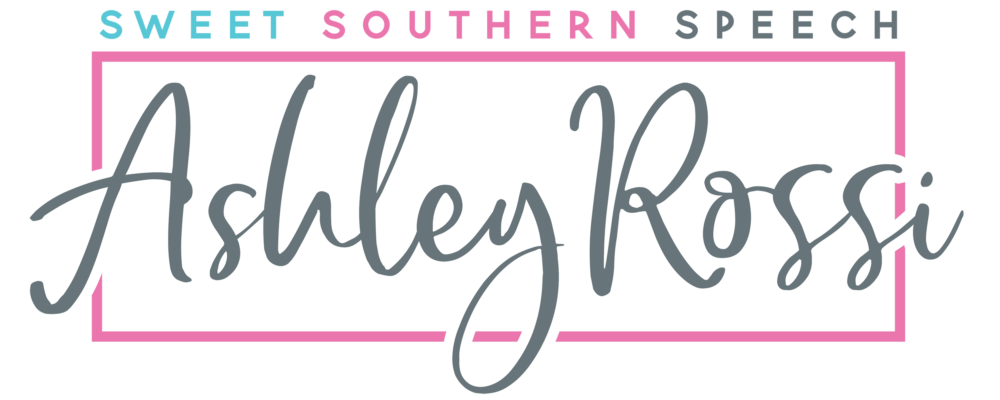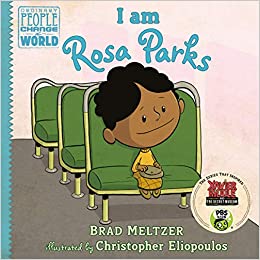Rosa Parks dared to stand up for herself and other African Americans by staying seated and organizing the Montgomery Bus Boycott. As a result, she helped end public bus segregation and launch the country’s Civil Rights Movement.
This biographical Black History Month themed book can be used in speech therapy to address social/emotional issues like perseverance, inequality, respect, and standing up for yourself. It is also great for noticing character expressions and for targeting comparing and contrasting as well as for predicting, inferencing, and idioms! It is also great for targeting sequencing and character analysis. Discover more of the speech and language teaching concepts for using I am Rosa Parks in speech therapy below:



